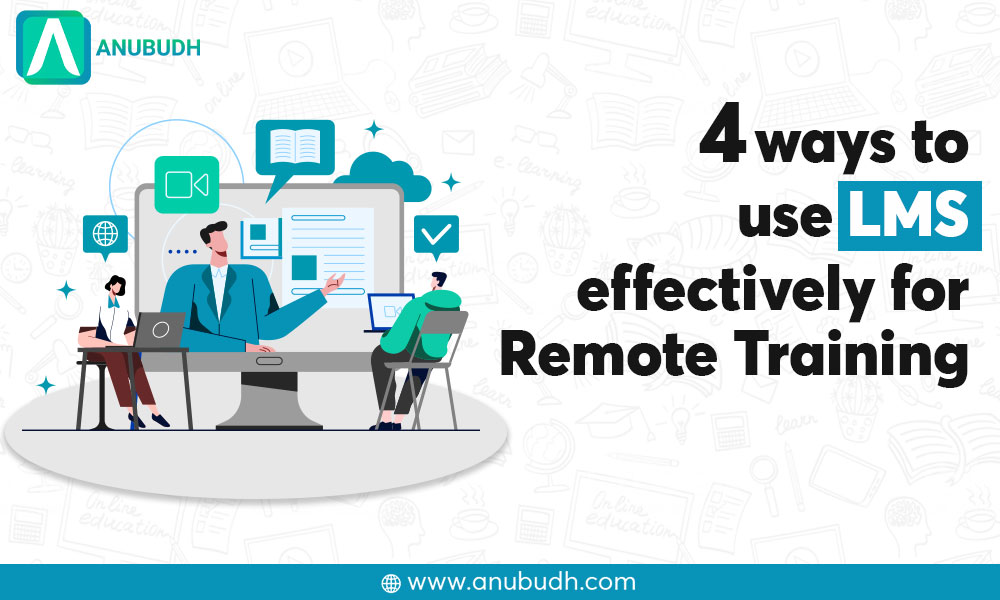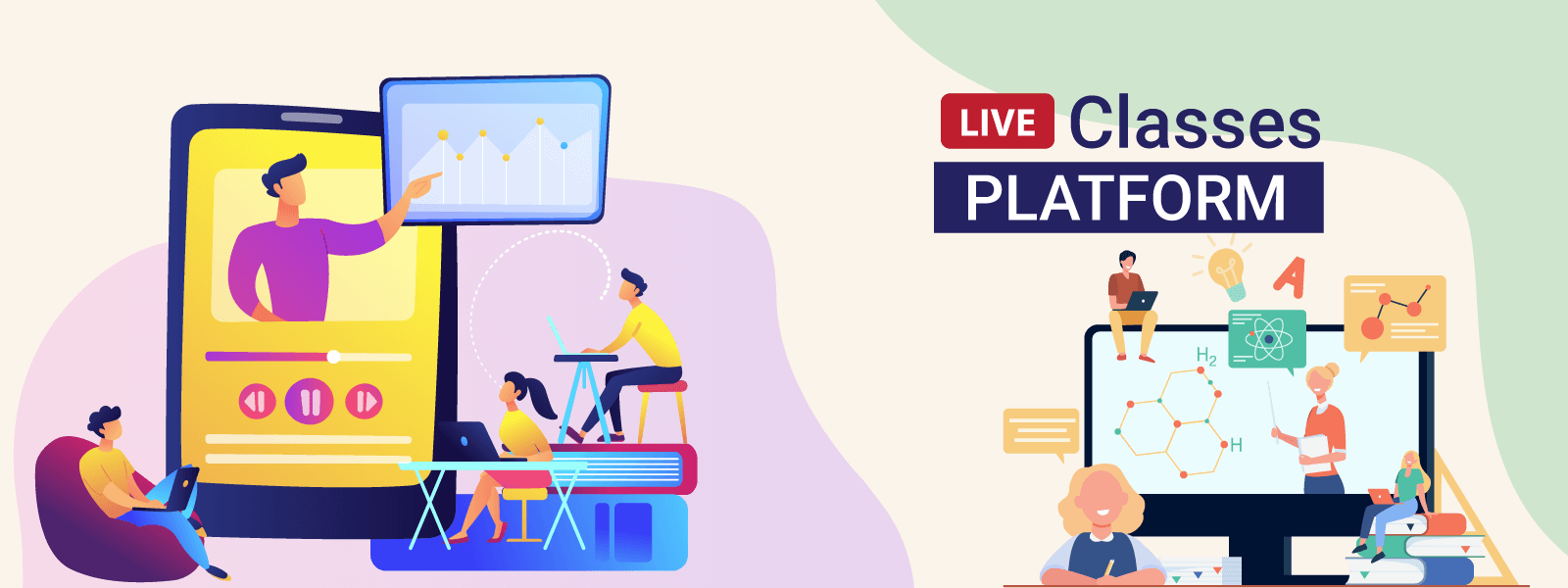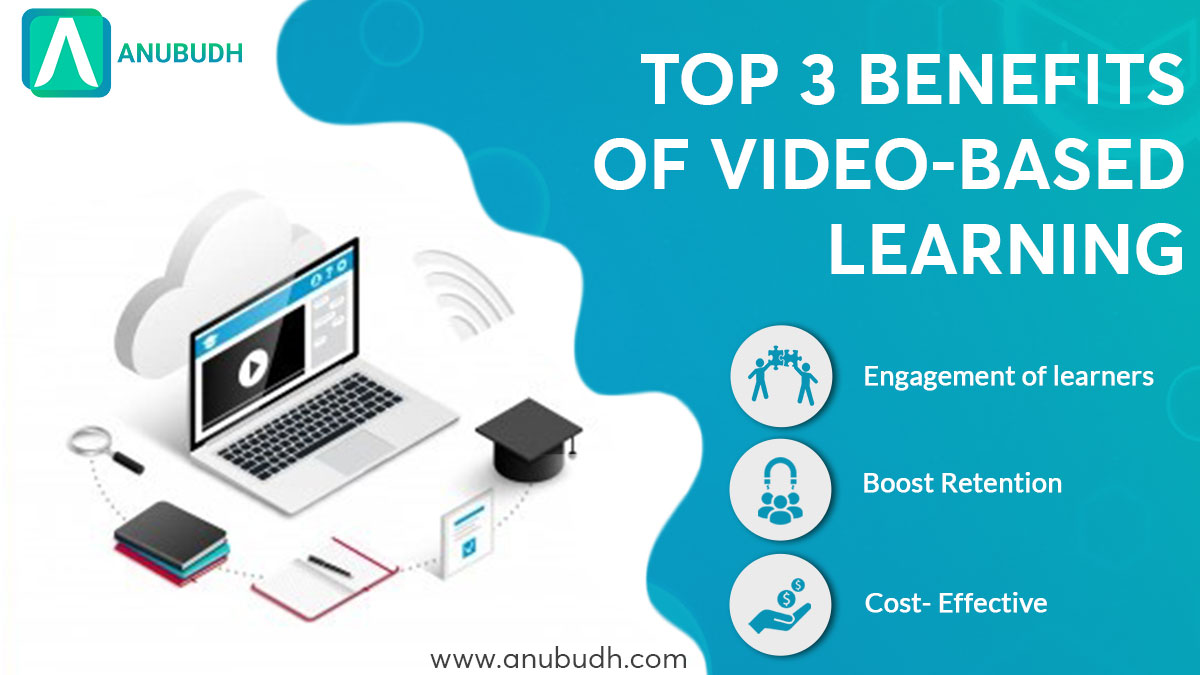4 ways to use LMS effectively for Remote Training
by Vineith Kaul, Posted on 29 March 2022

4 ways to use LMS effectively for Remote Training
Work from home increased productivity by 13% in a study of 16,000 workers over 9 months – conducted by Stanford University.
Many global companies, including Slack, Meta, Tata Steel, Microsoft, etc., have adopted a complete or hybrid approach to working from home. More and more companies are opting for a long term work from home policy. Considering that companies support this flexibility in the workplace, they also need to invest in the right kind of technology to ensure employees have access to training materials and assessments. A good learning management system can facilitate this.
Learning Management Systems can be the biggest asset for remote training of employees in an organization. Here is how you can deploy an LMS that suits your training needs:
- Customization is the key: Just using an LMS will not be beneficial for an effective virtual training session. A company needs to map the tools and technologies requirements in an LMS to help learners give a seamless experience. An LMS provider that offers customized features and a support system should be considered for your e-training and upskilling environment.
- Gamification: The gamification approach is an excellent choice for remote training. Trainers can keep employees engaged through this approach by introducing gamification principles in different sections of the training modules. Gamification also leads to increased knowledge retention since it is both fun and challenging. LMS is an excellent medium to introduce gamification of your digital training module.
- Leaderboards: Incentives online training with a reward system. This will engage the trainees and motivate them to perform well. For example- A learner may complete a module faster than his peers or score highly on a quiz or test. In such cases, rewards can be offered. These milestones can be reflected on leaderboards in an LMS so that trainees will feel accomplished.
- Facilitates Learners and Trainers: LMS in an e-learning environment must enable students to learn what they need to know and trainers to assess their progress. So, deploy an LMS that facilitates learning analytics and supports assessment functions like online proctoring, assessment integration, and more.
In an e-learning training ecosystem, organizations can impart knowledge to employees living and working in different time zones. Let Anubudh help to implement an effective LMS system for all your training and hiring needs. Reach us at https://anubudh.com/learning-management-system/
1 Comments
Leave a reply
your email address will not be published. required fields are marked *









 Online Education – Need of the hour for rural India
Online Education – Need of the hour for rural India  Top 3 benefits of video-based learning
Top 3 benefits of video-based learning 
Google Reply
GoogleThe time to study or pay a visit to the subject material or web sites we have linked to below.